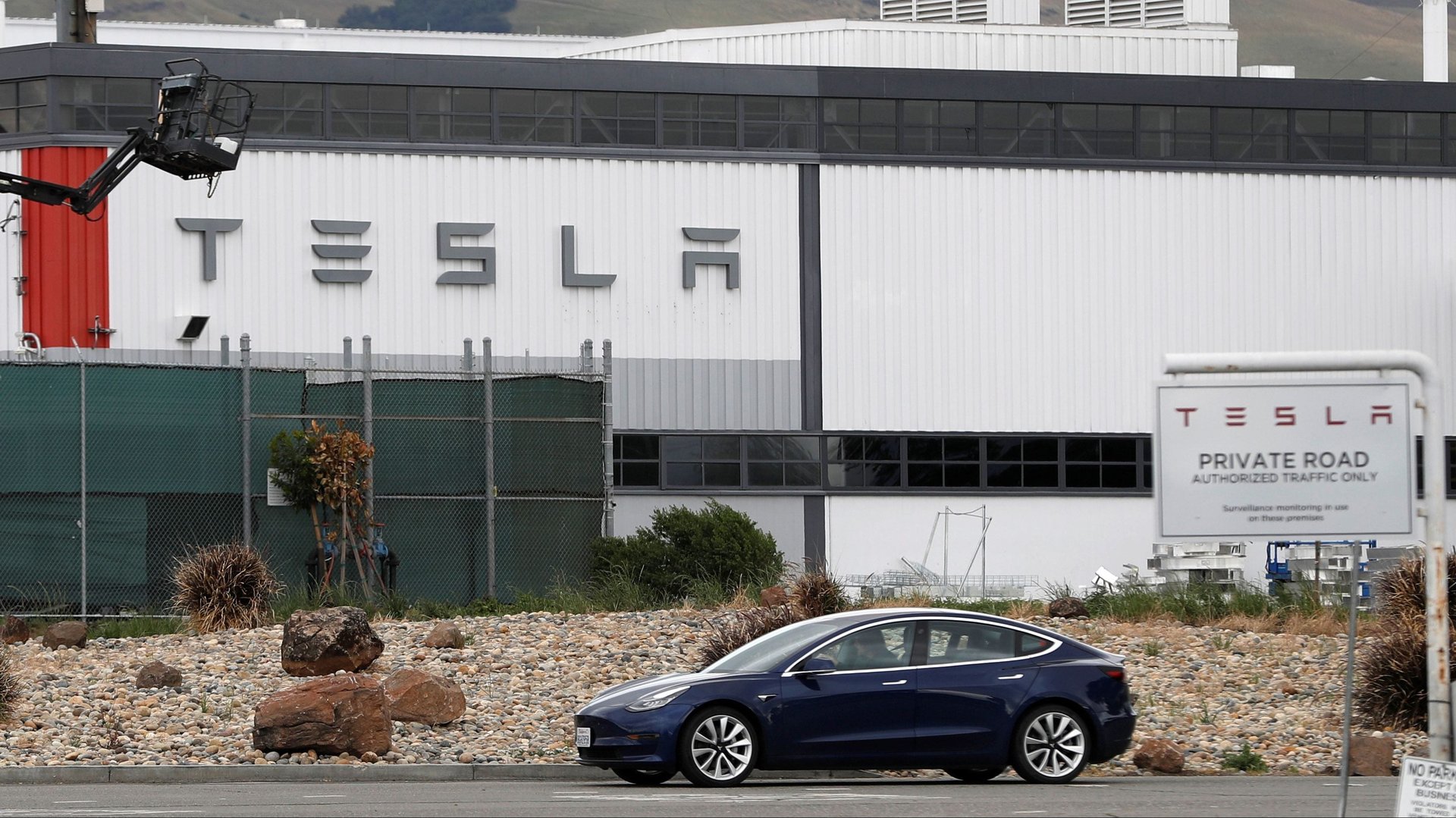Tesla has raised Model 3 prices by $2500 as the chip shortage drags on
Tesla hiked the price of its standard Model 3 sedan five times over the past three months, and CEO Elon Musk says the global chip shortage is to blame.


Tesla hiked the price of its standard Model 3 sedan five times over the past three months, and CEO Elon Musk says the global chip shortage is to blame.
The shortage, which stems from supply chain disruptions brought on by the coronavirus pandemic, has scrambled the production of goods in scores of industries, from smartphones to toasters. Automakers have been hit especially hard; car factories across the globe have been forced to shut down for lack of semiconductors that control more and more of the functions in their increasingly computerized cars. And Teslas are, perhaps, the most computerized cars on the market.
Musk said the scarcity of chips was making it difficult for Tesla to keep up production during an April earnings call. “Q1 had some of the most difficult supply chain challenges that we’ve ever experienced in the life of Tesla,” he said, adding, “Obviously, people have heard about the chip shortage.”
Yesterday (May 31), Musk said those challenges have forced the company to charge more for its Model 3 and Model Y cars. “Prices increasing due to major supply chain price pressure industry-wide,” he tweeted, in response to a Twitter user’s complaint that Tesla prices had risen even as the company scrapped features like adjustable lumbar support for passengers in the Model Y.
Tesla’s list price (also known as an manufacturer suggested retail price, or MSRP) for the basic version of the Model 3 sedan rose from $36,490 at the end of February to $39,490 in May (a roughly 7% increase), while the standard Model Y SUV’s price rose from $49,990 to $51,490 (a roughly 3% increase). Tesla’s Model S luxury sedan, however, has not seen a price increase; its sticker price has stayed at $79,990. (That may have something to do with the fact that a proposal to expand electric vehicle tax credits currently working its way through the US senate would only apply to cars that sell for less than $80,000. Price hikes on the less-expensive cars would be absorbed by the new credit, but buyers of luxury models would have no such cushion, so Musk may be sparing them.)
While Musk blamed supply chain challenges for the price hikes, Tesla observers have suggested there could be other motivations as well. The electric vehicle blog site Electrek mused in a May 7 post that Tesla could be cashing in on rising demand for electric vehicles.